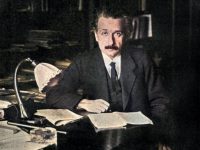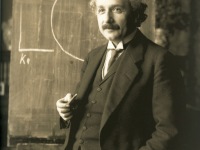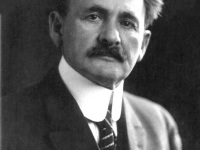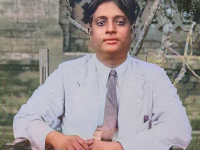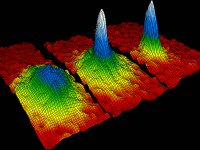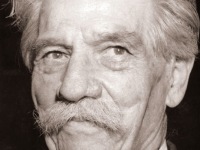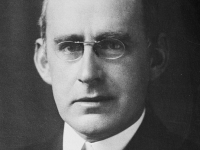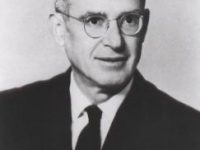The Annus Mirabilis in Physics – Albert Einstein and the Year 1905
Have you ever heard of the “Annus Mirabilis” (in German “Wunderjahr“) of physics? 1905 was this Annus Mirabilis, this year of wonders or extraordinary year. History considers 1905 as the year with the most outstanding and influential papers ever published by famous physicist Albert Einstein in the the Annalen der Physik scientific journal. These four articles contributed substantially to the foundation of modern physics and changed views on space, time, and matter.…
Read more

